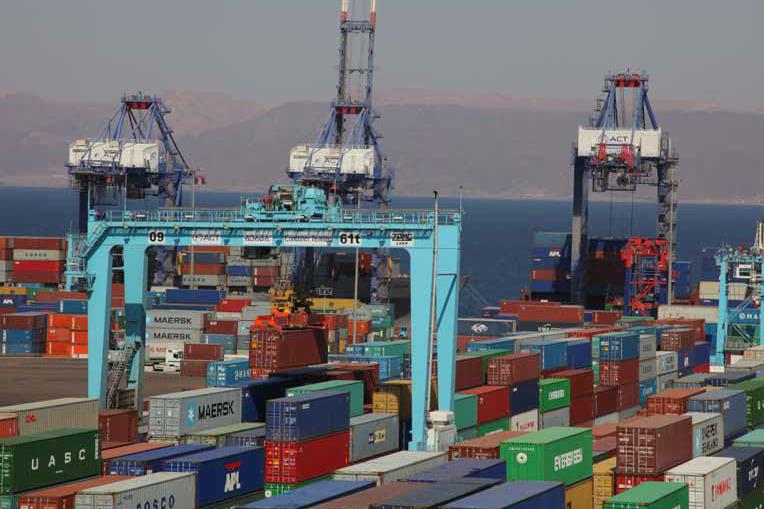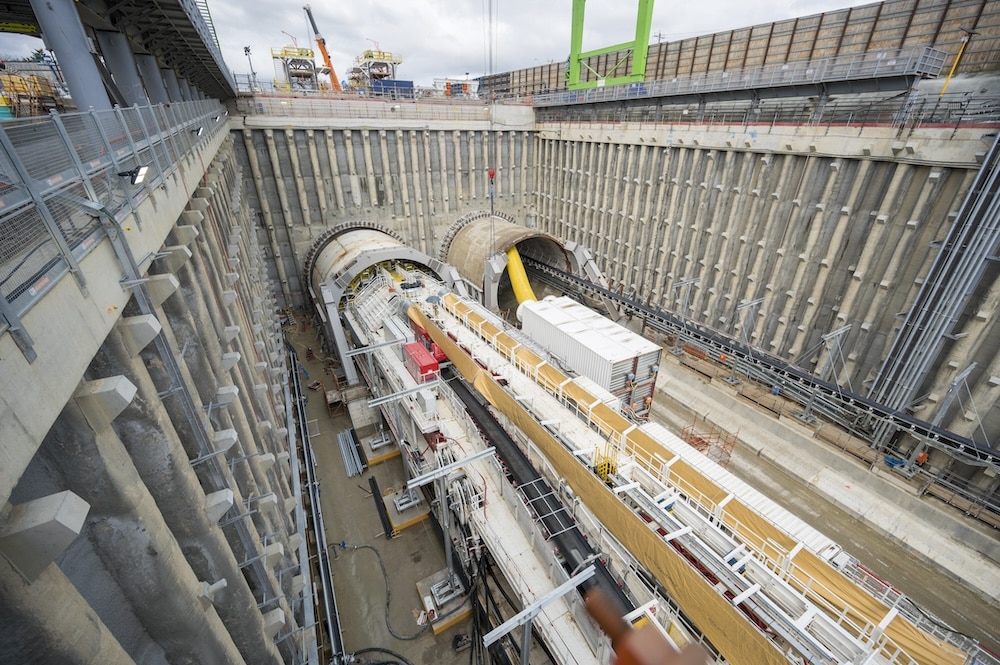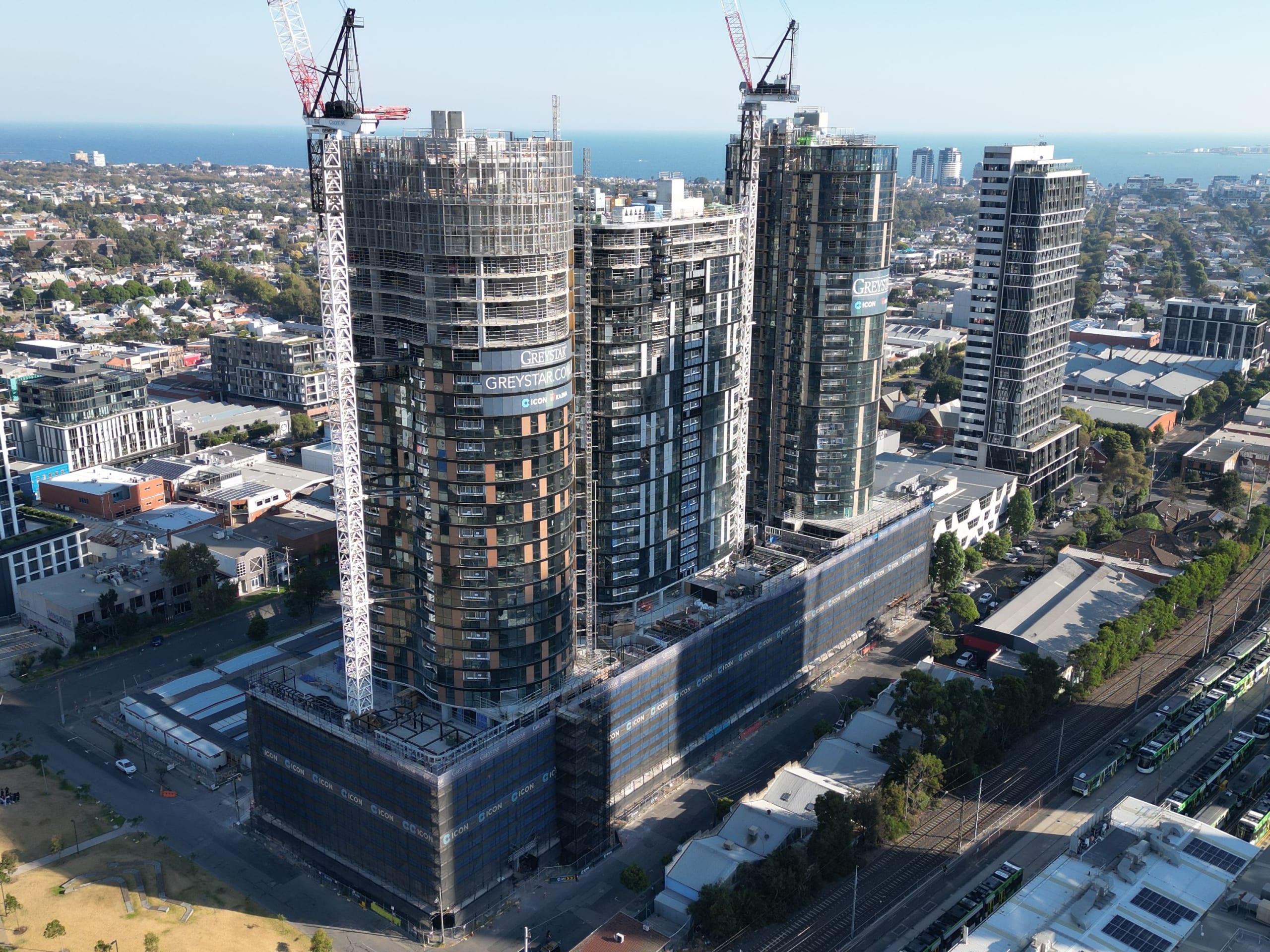
Located on the northernmost point of the Red Sea, Aqaba Container Terminal is a port of international standards that is fast becoming the docking place of choice for all shipping lines wishing to move cargo not just through Jordan but through the whole of the Levant and Iraq. Jane McCallion reports.
Aqaba Container Terminal (ACT) was founded in 2004 as part of a management contract between Aqaba Development Corporation (ADC) and APM Terminals Jordan. The concession agreement took place in September 2006 when a further 25-year joint development agreement was signed. Under the agreement, APM Terminals manages, operates and markets ACT and is responsible for the execution of the company’s ‘masterplan’. Over the past five years, the terminal has become a main liner facility, operating to international standards and playing a crucial role in the Jordanian economy.
In only five years, ACT has grown enormously. Whereas in 2006 its gantry crane productivity was seven to eight units per crane, per hour, that rate now stands at 30 moves/hour. The terminal has also evolved from a regional feeder port into one of the most important container ports in the region. As communications manager Ihab Alrawashdeh explains, much of its success can be attributed to the successful implementation of the masterplan.
“Phase one has already been completed, and has helped to establish us as a regional gateway for shipping lines. Phase two has been underway since 2009 and is due to be finished in 2013.” Phase two is itself divided into various projects and sub-phases, all of which are aimed at increasing the terminal’s capacity and capabilities. By 2013, ACT will have completed an expansion project which will increase the total length of its berths from 540 metres to 1,000 metres. This will be delivered in four stages, starting with an initial 70 metre extension, followed by three 130 metre extensions. There is also building work being carried out to construct new offices at the terminal, including a new operations building and a new workshop.
As well as the expansion and refurbishment work going on, ACT is also constantly adding to its complement of heavy-duty equipment. Particular targets for investment are cranes, rubber-tyre gantries (RTGs) and a number of super post-Panamax cranes. Alrawashdeh says that not only are these invaluable for the efficient running of the container terminal, but that they are also the biggest area of investment in new technology. “When it comes to new technology, at the end of the day we are a port and there are only so many places where we can be cutting-edge. However, when those opportunities arise, we seize them. Our most recent investment has been in six new RTGs which are not only as advanced as possible in terms of technical capabilities, but they are also ‘eco-cranes’. This means that they emit much less CO2 than standard RTGs, but they still have very high productivity levels.” As a result of all these improvements, ACT’s capacity will increase from 850,000 TEUs per annum to 1.5 million.
The company is fortunate in that, while its efforts as part of the joint venture and its commitment to Jordan ensure the terminal operates to the highest international standards, it has a number of supporting attributes that make it appealing to shipping lines. The location of the container terminal is convenient in more ways than one: ACT is ideally situated to receive containers from most parts of the world that are destined for Jordan and the wider Middle East. It is connected on weekly services from Africa, Europe, the Far East and the Indian subcontinent with a number of the world’s top shipping lines.
The water surrounding the port is also naturally deep, meaning it can accommodate the larger vessels that are operated by shipping lines without having to make any special adaptations. This attribute also allows it to save money on dredging. ACT is also well served as a transit hub: “We have excellent land transport connections for the rest of Jordan and into the Levant and Iraq, particularly in terms of road infrastructure,” says Alrawashdeh. “We are also directly connected to the rest of the logistics support areas such as the airport, so it is easy to deliver sea freight there, or bring air freight here. This is coupled with our international standards of operations and productivity.”
In addition to its geographical and logistical advantages, the location of Aqaba in Jordan as a country is also a bonus. “Jordan is considered to be one of the most politically stable and most secure countries in the Middle East,” explains Alrawashdeh. “Moving cargo through Jordan is very safe and this is, as you can imagine, one of the most important considerations for any client.” ACT further ensures that its clients’ goods are well looked after through the efforts of its own security team, the terminal being ISPS-certified. “We have highly trained security personnel on site 24 hours a day, seven days a week, most of whom are either former military or former police officers. These teams are backed up with full CCTV and security control patrols.”
The terminal also takes safety very seriously. “It is the other side of the coin to security and we have a full strategy for this,” says Alrawashdeh. “Safety is important not just because it ensures the wellbeing of our personnel and our clients’ personnel, but because it also ensures the efficient running of the terminal.” Strategies include differently marked bays for trucks and for cranes so as to avoid any accidents in the first place. However, in case of emergency, ACT also has fire trucks and ambulances on site, all of which make it one of the safest container ports anywhere.
Alrawashdeh’s vision of the future for ACT is, as you would expect, closely linked to the vision of the commercial strategy, including the increase in capacity, the investment in new machinery and expansion of the site itself. While the immediate goal is to make it more flexible and efficient to existing clients, he also has a broader view of its place in the region. “Our final aim is for ACT to be a key transit hub for the Levant, especially Iraq,” he says. “This means that we are looking to double our total throughput and plans are already in place to achieve that. With our masterplan and commercial strategy, I believe that this is something we will achieve within the next five years.” https://www.act.com.jo/













